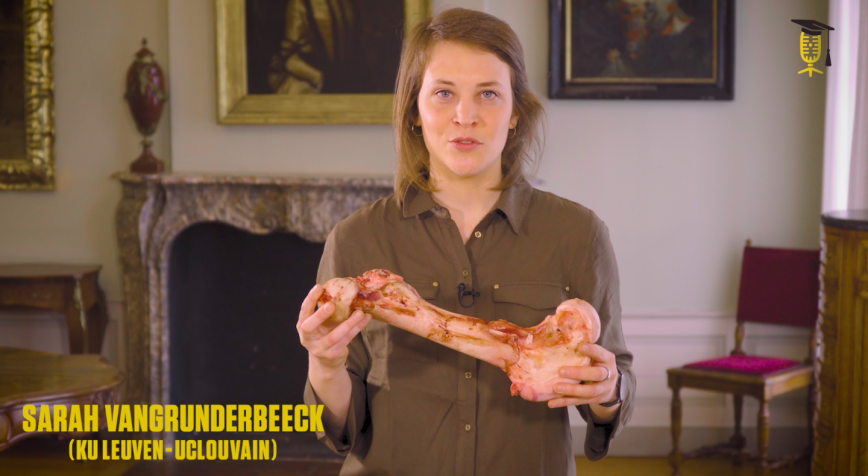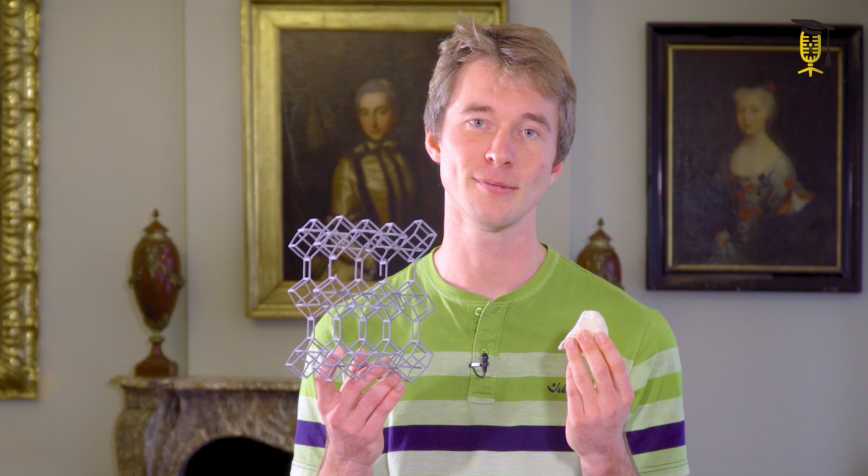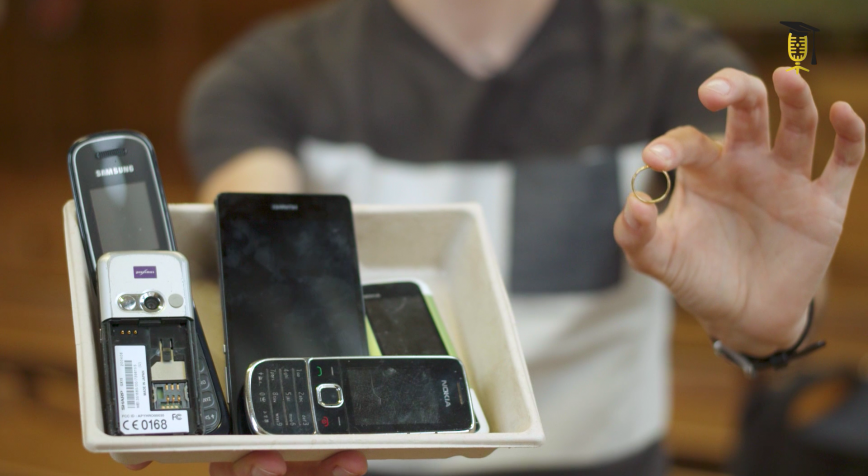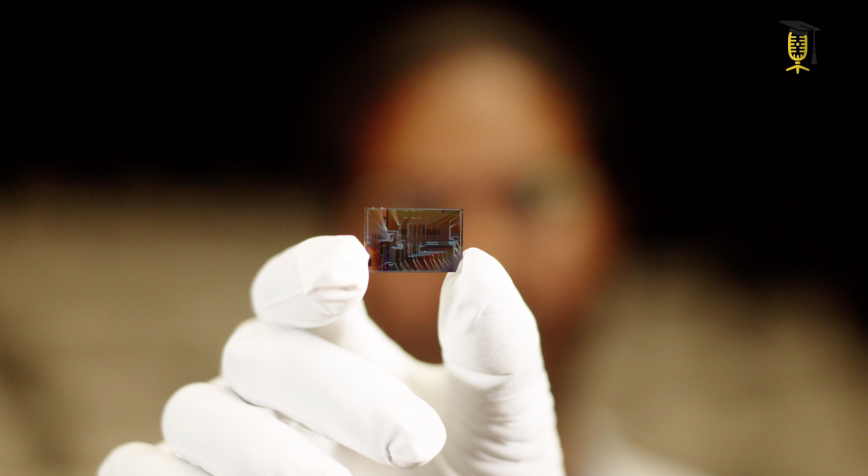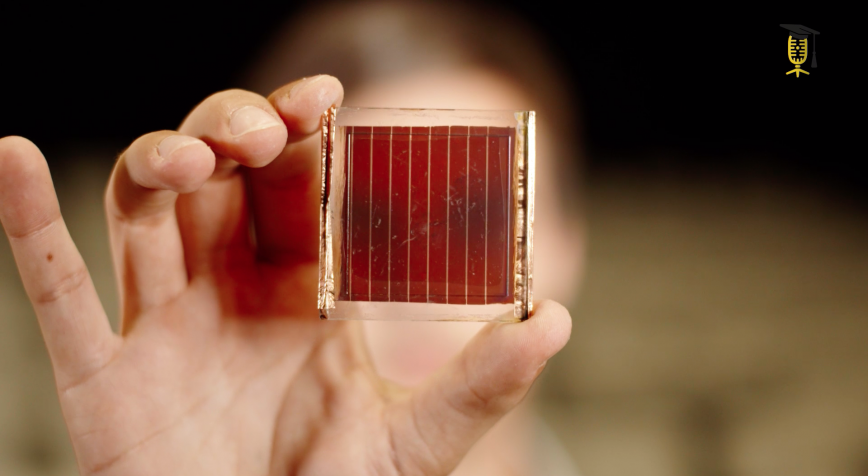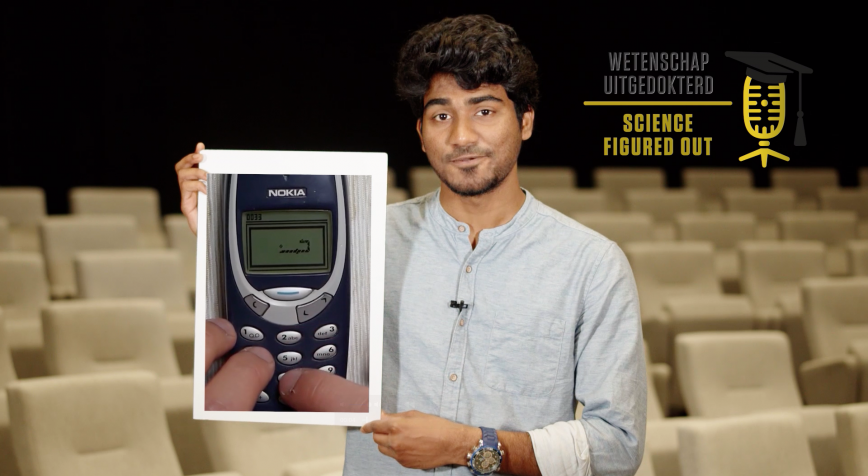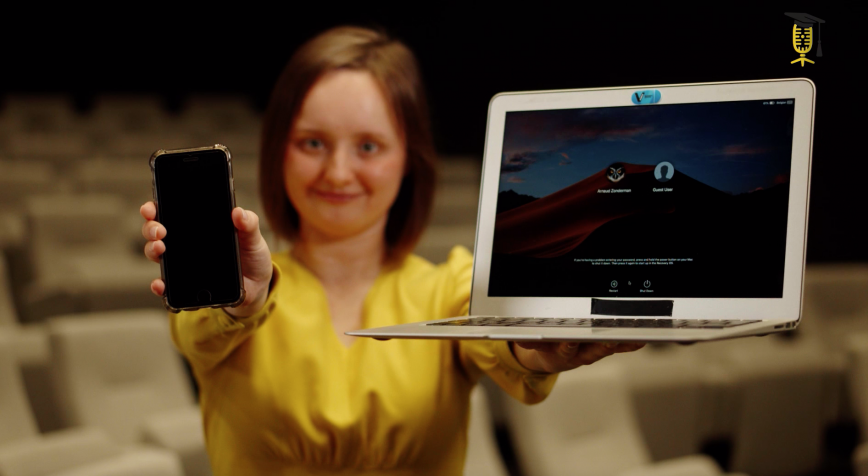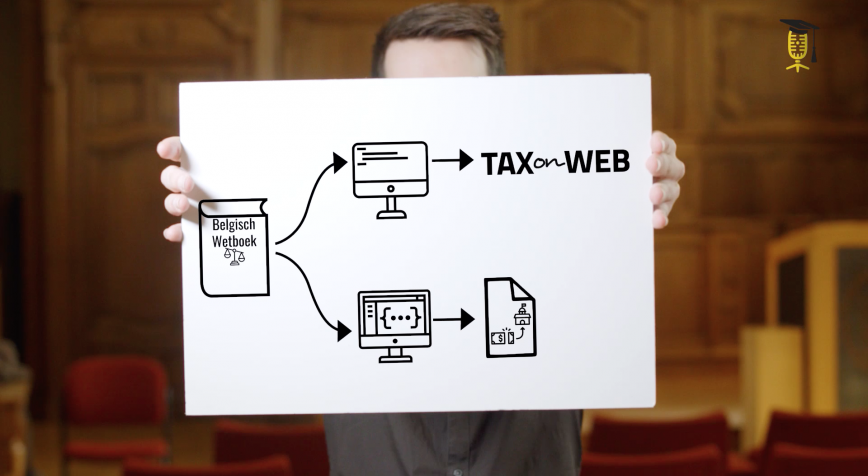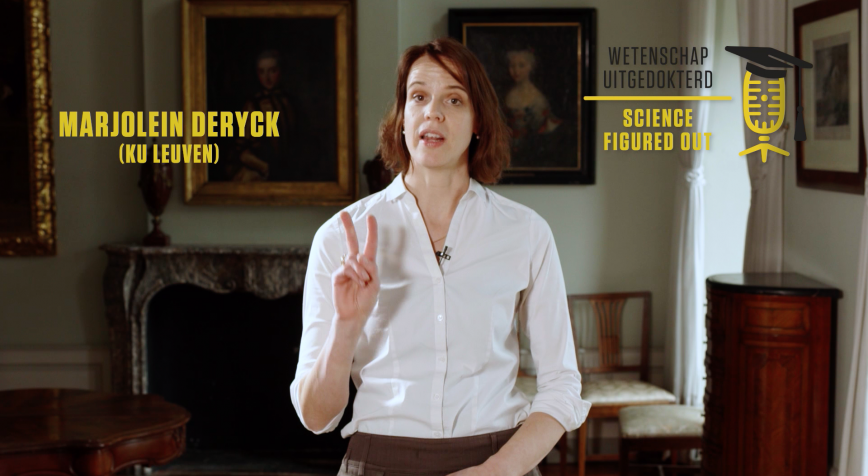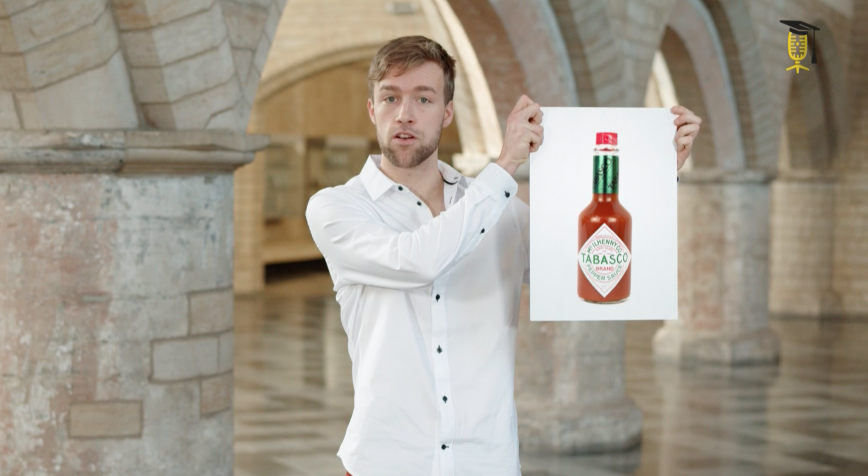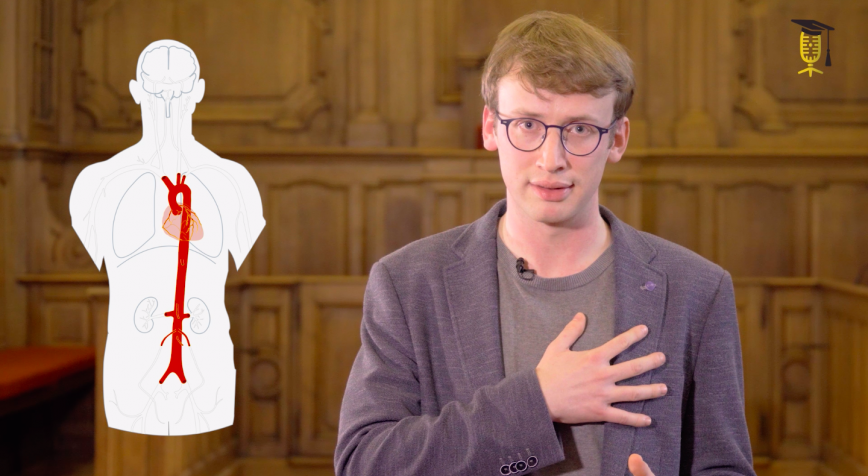
FWO
KU Leuven
Plumbing in the body: a heartbreaking choice
An aortic aneurysm is a bulging of the large body artery. If such an aneurysm bursts, the patient can die. You'd think you'd better have surgery for this immediately, but such an operation is complex and risky. That is why engineer Klaas Vander Linden (KU Leuven)is trying to predict whether an aneurysm will burst.
